How to Scrap a Car in the UK?
Posted by
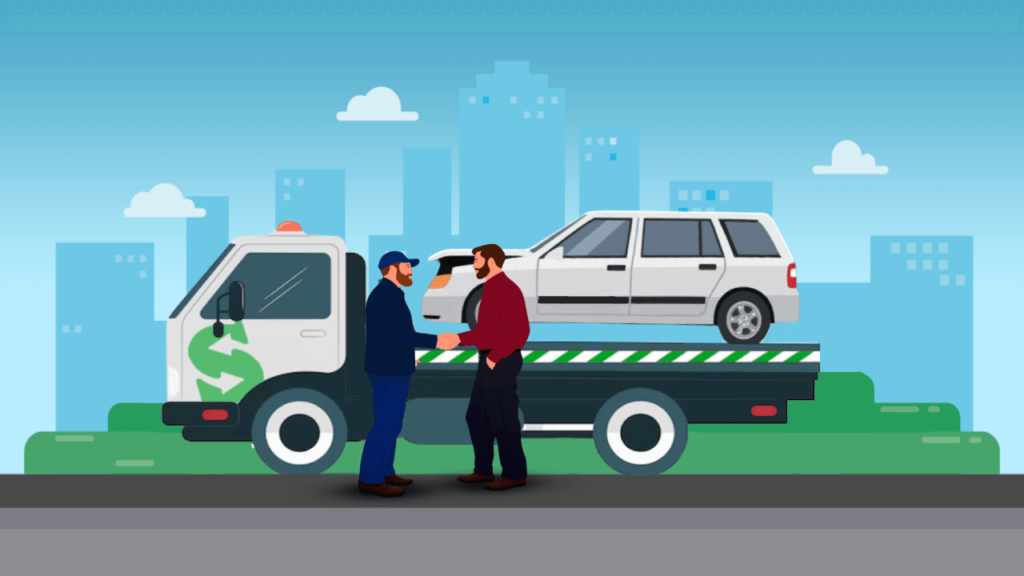
Scrapping a car in the UK is a straightforward process if this process is completed by following the correct legal procedures to ensure everything is handled correctly. Whether your car is old, damaged, beyond repair, too costly to maintain, or simply no longer roadworthy, here’s a step-by-step guide on how to scrap a car in the UK.
How to Scrap a Car?
By following these steps, you can scrap your car and increase your chances of receiving a fair payment in return.
1. Determine If Your Car Should Be Scrapped

Before proceeding with the scrapping of your vehicle, it is recommended to assess whether your car truly deserves to be scrapped. If you’re unsure whether to scrap your car, consider these key factors:
- Age & Condition: If the car is over 10-15 years old and its various models are already on the market or it is constantly breaking down, scrapping may be the best option.
- Repair Costs: If repair costs exceed the car’s market value, then we also recommend scrapping because it is more economical.
- MOT Failure: If your car has failed its MOT (meaning it doesn’t meet road safety and environmental standards) and requires costly repairs. As a result, you will be unable to drive it on the roads, making scrapping a viable option if repairs are too expensive.
- Accident Damage: A severely damaged vehicle that needs high repair costs is often better off scrapped.
- Low Resale Value: Scrapping a car can provide instant cash if selling isn’t worth the effort due to low demand.
2. Assess the Worth of Your Scrap Car

Before scrapping your vehicle, assessing its market value is important to ensure you get the best price. Knowing its worth will give you confidence in negotiations. The value depends on whether the car is complete, has working parts, or is missing key components. Market demand for the spare parts of your vehicle model can also impact the price you will get in return.
To evaluate your scrap car, consider factors such as its age, condition, make, model, and weight. For a quick estimate, you can use online valuation calculators to help determine your car’s approximate value.
3. Choose a Licensed Scrapyard
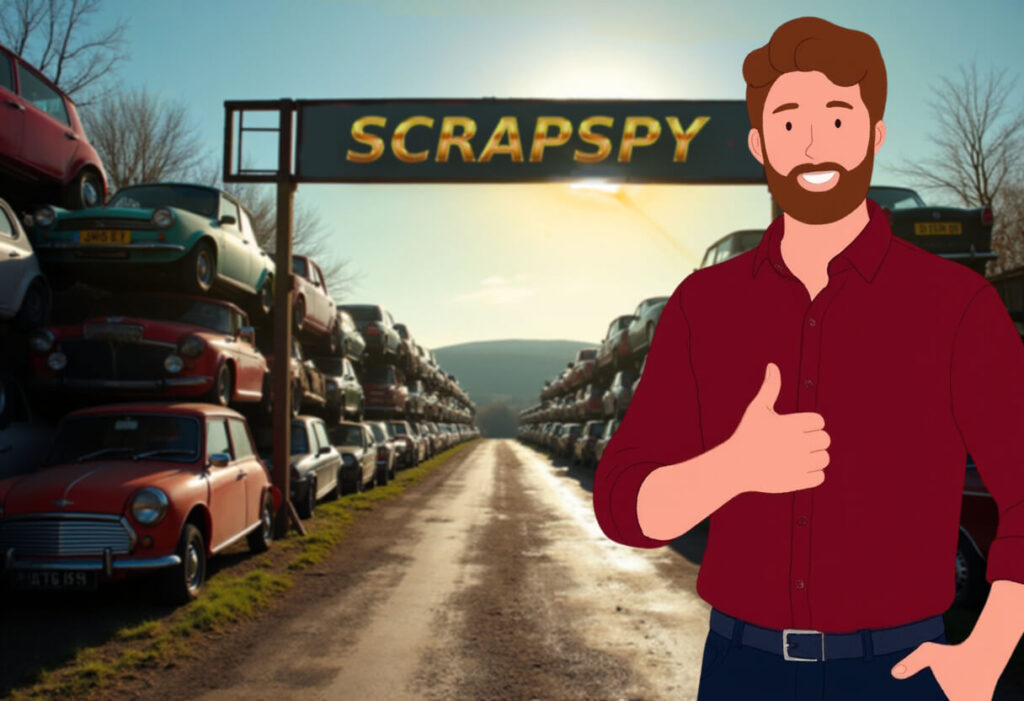
Finding the right scrapyard is crucial when scraping a car for the best price. Use the DVLA website, Google search, or trusted online directories to find an authorised and reputable scrapyard near you. If getting a good amount of money is a priority, you can request multiple quotes from different Authorised Treatment Facilities (ATFs) to secure the best price. Contact as many ATFs as possible in your area, as many offer free quotes based on your vehicle’s age, condition, make, model, and weight. After receiving the quotes, compare the offers and choose the ATF that best suits your needs.
What a Good Scrapyard Can Offer:
- Best Rates
- Instant or Same-Day Payment
- Free Towing or Pickup Service
- Same-Day Pickup or Towing
- Paperwork Support
4. Schedule the Pickup
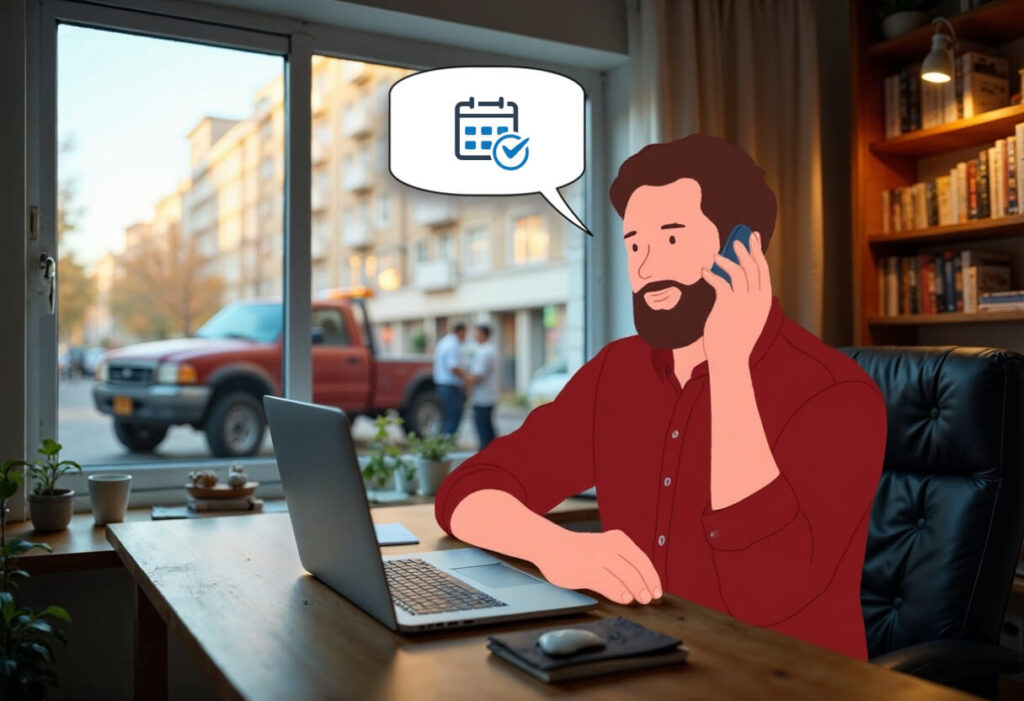
After choosing the scrapyard, communicate with their team to decide on a time and location for pickup. Be present at the agreed time and place to avoid any potential miscommunication, or inform them in advance if you will be unavailable.
5. Prepare Your Vehicle

It’s recommended that before handing over your car, you remove all personal or valuable items, such as a forgotten wallet, house keys, or anything else from the interior, including the boot, glove compartment, and under the seats. This is because once you sell the vehicle for scrap, the scrapyard or its team will not be responsible for any loss, whether big or small.
6. Gather Documentation

Before scrapping your vehicle, make sure you have the required documents to carry out the process legally and without any issues:
- V5C Logbook (Vehicle Registration Certificate)
- Photo ID & Proof of Address
- MOT Certificate (if available)
7. Hand Over Your Car
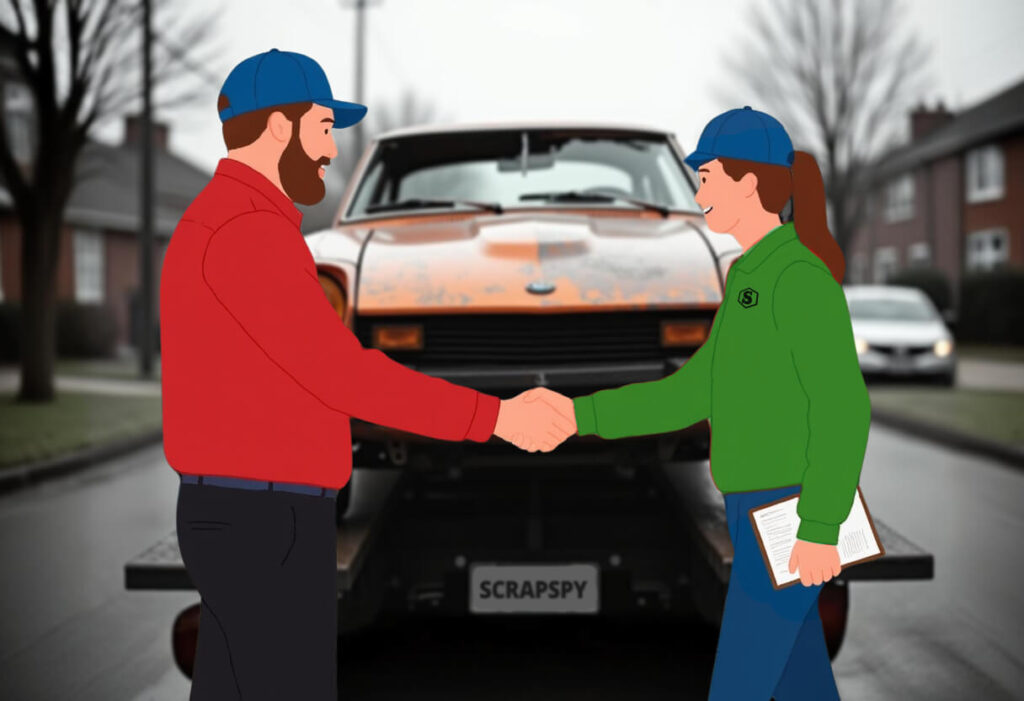
Whether you visit the scrapyard to drop off the scrap car or the scrapyard team visits you, hand over your car to them, and they will inspect your vehicle to confirm its condition, value, and eligibility for recycling.
8. Receive the Payment
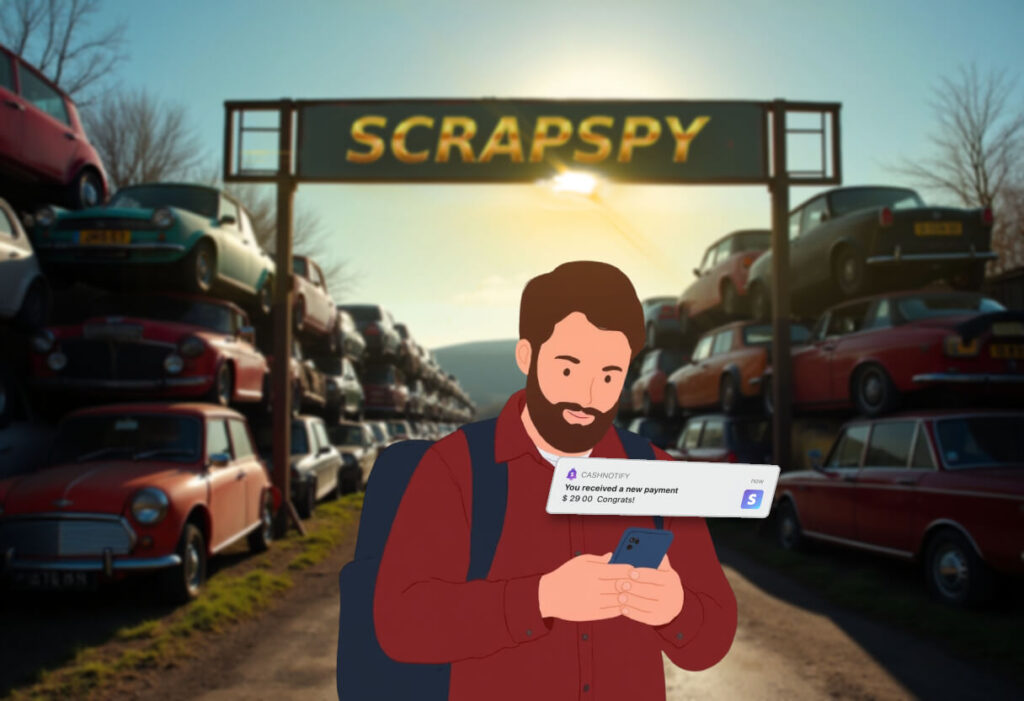
When you hand over the car to the scrapyard team receive your agreed-upon payment. Remember, they will only pay via bank transfer or cheque due to the Scrap Metal Dealers Act 2013, which was introduced to prevent cash transactions, which were often linked to illegal activities like metal theft. So be prepared for this to receive the payment via bank transfer or cheque.
9. Notify the DVLA
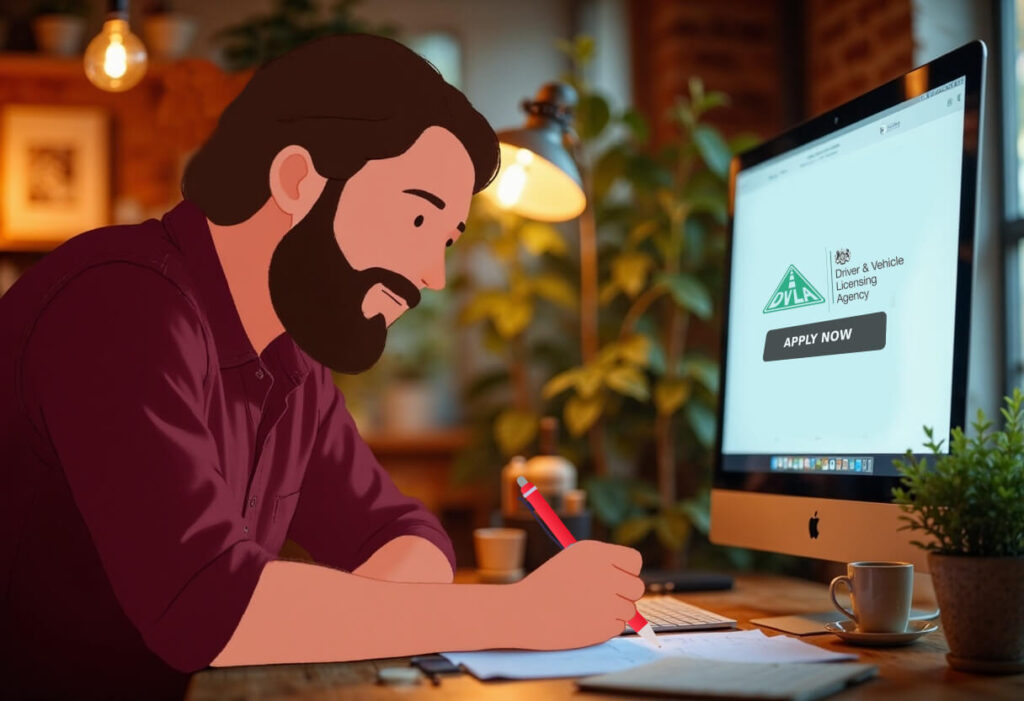
After scrapping your car, the scrapyard will notify the DVLA electronically, but you must also inform the Driver and Vehicle Licensing Agency (DVLA). This is typically done by completing Section 9 (V5C/3) of your V5C logbook and sending it to the DVLA. If you fail to notify the DVLA, then this could result in a fine of £1,000 or even more.
10. Receive the COD

Once your car has been processed, the scrapyard will issue you a Certificate of Destruction (CoD) within seven days. This document certifies that your vehicle has been scrapped legally and that you are no longer responsible for it.
Furthermore, you can use the CoD to cancel your insurance by providing a copy to your insurance provider and requesting a refund for any unused months. It is recommended to keep the CoD safe in case of any future disputes.
After these steps, the car scrapping process is complete, and you’re free from any legal or financial responsibilities related to the scrapped vehicle.
Alternatively, Sell in Parts!
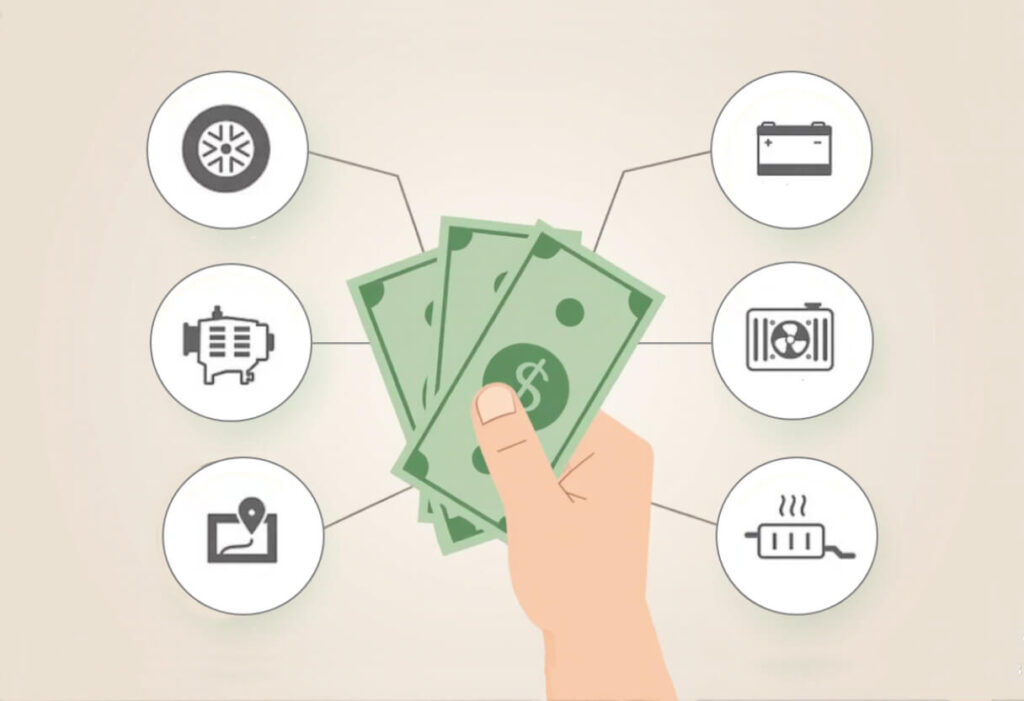
If your scrap car contains valuable parts in good condition, you might consider selling them individually. However, you should have some knowledge of the market; otherwise, it could be complicated and result in financial loss. Additionally, removing parts may reduce the overall scrap value offered by the scrapyard or dealer, as they typically pay more for a vehicle with intact spare parts that can be resold as used parts.
Therefore, we recommend evaluating the vehicle carefully before making a decision to determine whether parting it out would yield a better return compared to scrapping the whole car.
Final Thoughts
Scrapping a car could be a straightforward and beneficial process if you follow the guidelines. By choosing a licensed scrapyard or ATF, preparing your documentation, and following the DVLA notification process, you can responsibly dispose of your vehicle while contributing to the environment.
Always prioritise licensed facilities and keep records for peace of mind.

Aniq Akram

